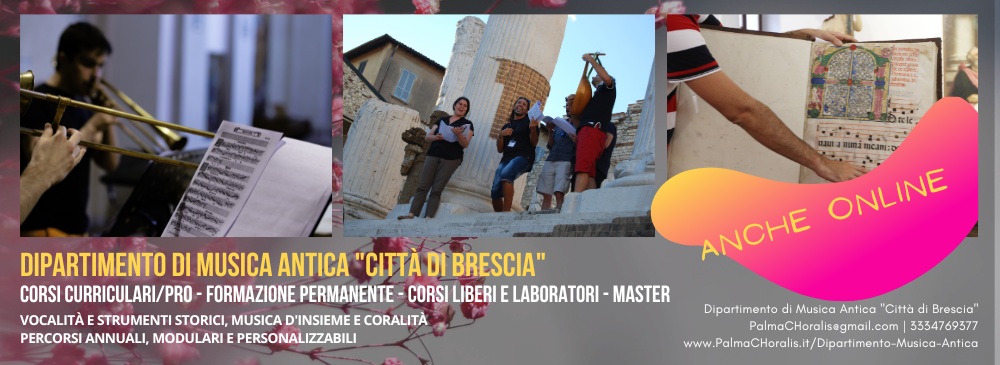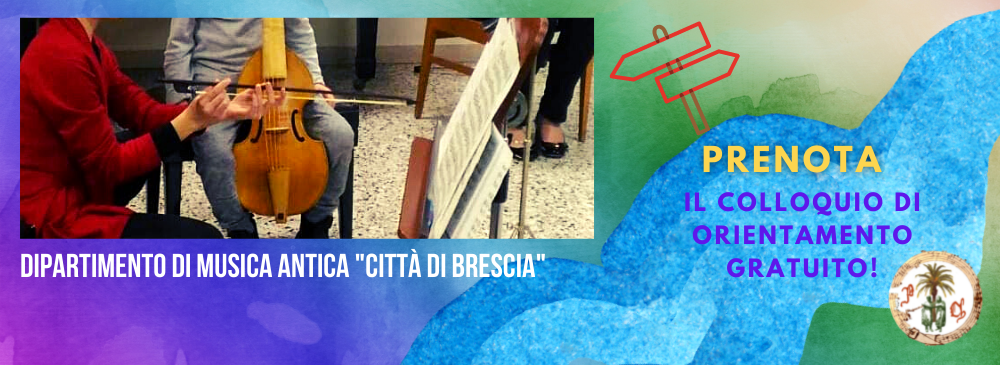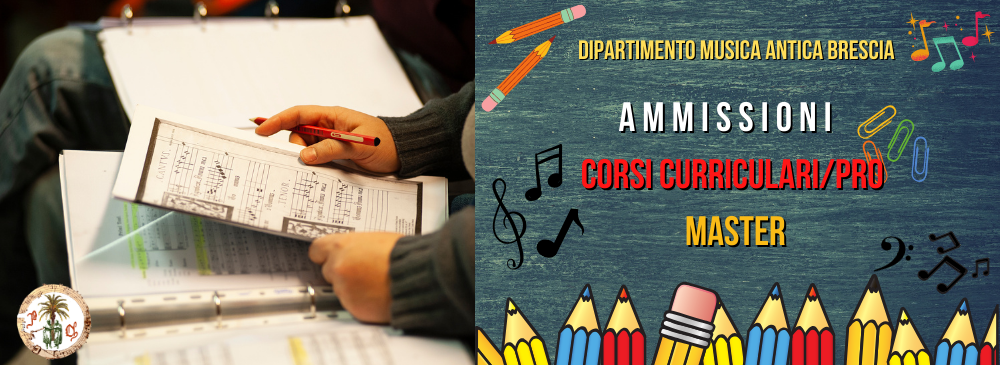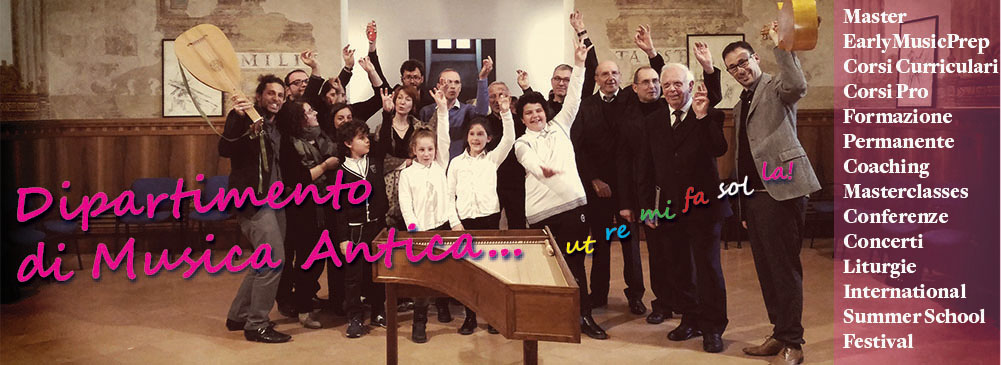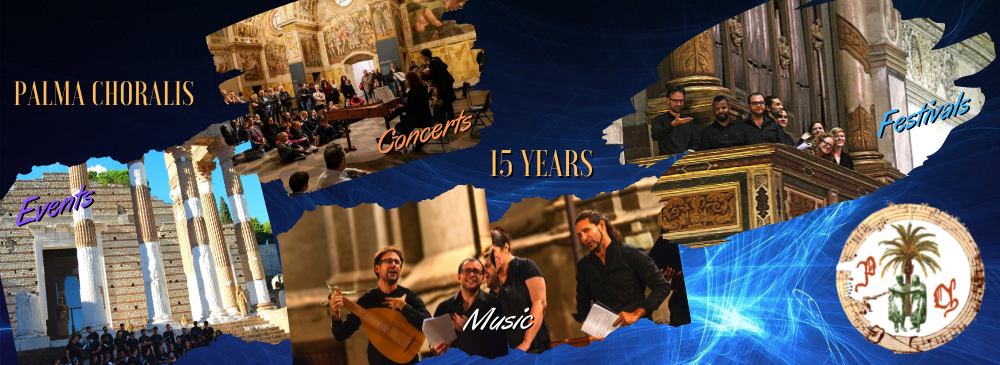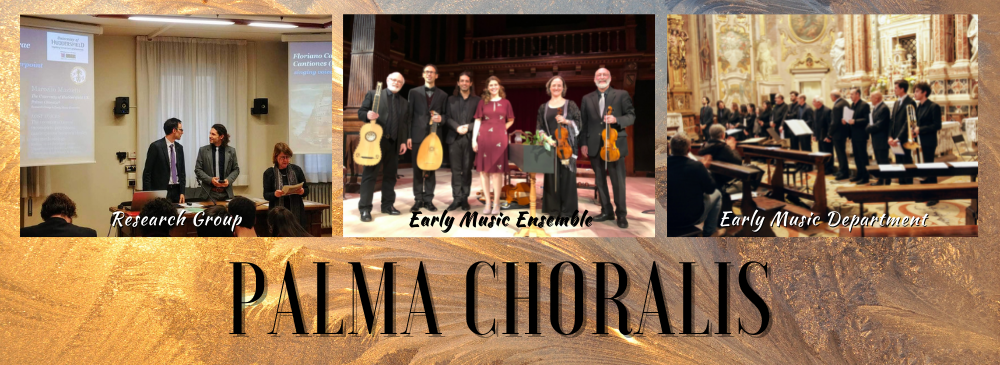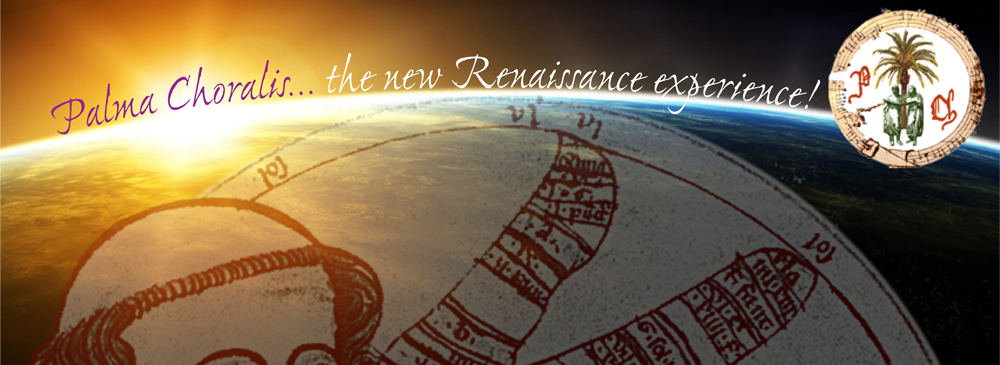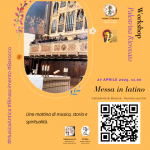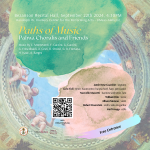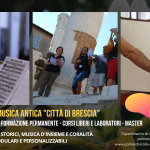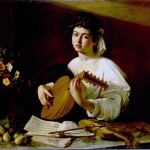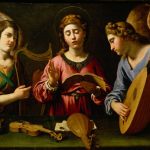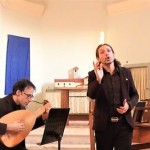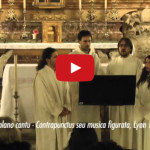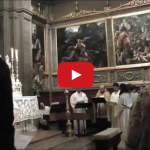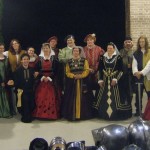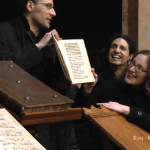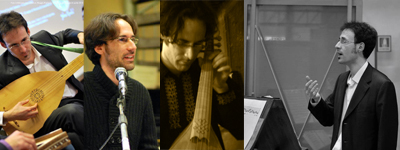 Background • Born in Ferrara, the most important centre of Italian Renaissance culture, he began studying music at the age 6, playing guitar and singing. He was soon admitted with distinction to the Conservatory of his hometown and he has studied classical guitar under Roberto Frosali (A. Segovia’s pupil), musical composition and choral conducting. After attending master classes and having a short-intensive career as guitar player and conductor in young chamber orchestras (1998-2002), he started focusing on early music repertoire forsaking other musical interests.
Background • Born in Ferrara, the most important centre of Italian Renaissance culture, he began studying music at the age 6, playing guitar and singing. He was soon admitted with distinction to the Conservatory of his hometown and he has studied classical guitar under Roberto Frosali (A. Segovia’s pupil), musical composition and choral conducting. After attending master classes and having a short-intensive career as guitar player and conductor in young chamber orchestras (1998-2002), he started focusing on early music repertoire forsaking other musical interests.
He has moved then to Cremona to study Philology, Medieval and Renaissance disciplines at Pavia University and he has graduated summa cum laude in Musicology with a thesis focused on simple polyphonies in a 17th cent. Carthusian manuscript («Polifonie semplici nel Seicento. Il ms. E. 52 del Museo Internazionale e Biblioteca della Musica di Bologna»). He has furthered then his musical studies both in Lute (under Paul Beier) and in Gregorian Chant, Liturgy and History of Liturgical Manuscripts, Byzantine Music Palaeography, Renaissance Solmization, Historical Counterpoint and Canto Figurato. In 2007 he gained a M. A. magna cum laude in Renaissance Polyphony from the Accademia Internazionale della Musica di Milano with a thesis on G. M. Asola’s works («Giovanni Matteo Asola e la polifonia su canto piano fra XVI e XVII secolo») and he has thus opened up new studies about one of the most popular composer in 17th cent. Europe.
He has attended master classes in Italy and in Europe to deepen his knowledge in early music performance practice, voice and vocal techniques. After a project about «Lirone and humanistic intonation practices» in cooperation with Rika Murata, he started playing Renaissance gamba on a rare and valuable copy from Antonio Ceciliano, Bologna, 1566 (Medieval Civic Museum).
Artistic career (after 2005) • He has founded the Tetragirys Ensemble with G. Baroffio, Anastasia Eun Jun Kim and Livio Ticli, starting to carry out research on liturgical music sources from Mediterranean basin between Middle Ages and Renaissance and he has performed during international symposia, at concerts and worships.
In 2006 he co-founded Palma Choralis® together with L. Ticli and from that moment on he has related research to performing activity, dealing with Music Pedagogy, Performance Practice and Liturgical Chant between Middle Ages and Renaissance, keeping always in mind that the relationship between orality and writing is a capital issue to the musical art through centuries.
His remarkable music activity is modeled on Renaissance approach to music, i.e. from a deep knowledge of Canto Fermo and Figurato (liturgical/non-liturgical singing) to Renaissance lute and gamba playing. As singer/player exclusively for Palma Choralis® he has performed and designed music programs that bring research on unknown music sources to public performances, worships, sacred/theatrical representations, historical reenactments, musicological lectures and symposia.
Research • His research focuses primarily on Renaissance music and culture. He is interested in elements of continuity between Classical Antiquity and Renaissance, cultural exchange in oral and written tradition, music pedagogy and performance practice from Middle Ages to Early Baroque. His papers range widely in terms of sources and different methodological approaches. Besides writing academic publications, he has designed integrated projects such as Humana Musica Mundana – conceived for the Yale Institute of Sacred Music (Yale University) – and Labo.Ri.S. Tra.M.A.™ · Laboratorio di Ricerca permanente sullo Sviluppo della Tradizione Musicale Antica – i.e. a continuing research workshop on development of early music tradition.
Teaching • His teaching experience includes educational activity at Music Conservatoires, High Schools and Academies as visiting professor and lecturer; tutorials and lectures in Historical Counterpoint, Renaissance Notation, Classical Antiquity and Medieval Music History at Pavia University; popularisation of the latest issues in musicological applied research at Cultural Institutes.
Artistic director/Management • Since 2010 he has conducted «Conditor alme siderum», an international cultural festival «between Arts, Music, Science and Faith» that takes place in Cremona (Italy) on Advent. In addition to usual Vespers, Complines and Sacred Concerts, since 2012 edition the festival has included Workshops, Conferences, Symposia and Books launches.
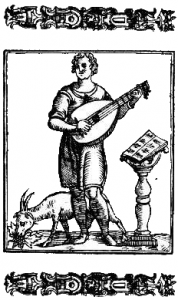
Selected papers and lectures (titles translated in English)
with L. Ticli, «Stravaganze & urtoni son tutte gratie». Orality and writing between Middle Ages and Renaissance, Reggio Emilia, State Conservatorium of Music, 6 April 2013 (conference).
with L. Ticli, Palm, Entanglement and Mirror: The Cantor in the Digital Era, Book Launch and Round table “Atlante Storico della Musica nel Medioevo” Jaca Book 2011, Cremona, State Library, 21 November 2012 (paper); Reggio Emilia, State Conservatorium of Music, 15 December 2012 (conference).
«Stravaganze & urtoni son tutte gratie». The plainsong between improvised counterpoint and polyphony, or rather about writing by ear and singing by sight, Ferrara, State Conservatorium of Music, 20 April 2011 (conference/workshop).
with L. Ticli, Music and Harmoniae suggestions from the Three Crowns of Florence, Cremona, «Eugenio Beltrami» High School, 25 May 2009 (conference).
Orality and writing in Medieval Plainsong and Polyphony, Cremona, Pavia University, academic year 2007-2008 (series of lectures).
Soni pereunt quia scribi possunt! Medieval music performance practice, Parma, State Conservatorium of Music, 6 February 2008 (lecture and workshop).
Selected publications
with L. Ticli, Le Sacrae Cantiones a 4 voci di Floriano Canale (1581), (forthcoming 2013).
with L. Ticli, Prassi esecutiva del Canto Fratto in alcuni trattati italiani (secoli XVI-XIX), in Giacomo Baroffio – Michele Manganelli (eds.), Il Canto Fratto. Un repertorio da conservare e da studiare. Atti dei convegni tenuti a Radda in Chianti dal 2005 al 2008, Radda in Chianti: n.p., 2010, 89-110.
L’Officium Stellae come rappresentazione dell’itinerarium in Veritate, in Fausto Moreschi – Carmela Perucchetti (eds.), Verso le Stelle, Brescia: n.p., 2009, 22-28.
Soni pereunt quia scribi possunt (!). Spigolature ‘polifoniche’ sulla scrittura musicale, in Monica Boni (ed.), La casa dei Suoni… in principio era il numero. Atti e contributi con CD e DVD, Reggio Emilia: n.p., 2008, 109-122.
Unpublished papers
Prolegomena ad una visione olistica del canto ecclesiastico dei secoli XVI-XIX (ms, Researches 2005-2009).
with L. Ticli, Il Canto Fratto tra ornamentazione vocale e accompagnamento strumentale: Il Nabuchodonosor e il Christus factus est (ms, Researches 2007-2009).
Selected Music Projects-Productions/Modern Premieres exclusively for Palma Choralis®
Te lucis ante terminum. Music for the Compline Office in Reggio Emilia at the beginning of 17th cent.
Reggio Emilia, S. Stefano Church, 2008
Officium Stellae. Sacred Representation between Middle Ages and Renaissance
Brescia, S. Giovanni Evangelista Church, 2009
Cremona, SS. Apollinare e Ilario Church, 2012
«Dialogo Pastorale al Presepio di Nostro Signore» by G. F. Anerio
Reggio Emilia, S. Filippo Church, 2011
Actual research interests
MAIN
Renaissance Music Performance Practice;
Medieval Sacred Music Performance Practice;
Plainchant and Counterpoint over cantus firmus;
Early Pedagogy in Music Education during Middle Ages and Renaissance.
OTHER
Performance practice of cantus fractus in 16-19th cent.;
Relation between alive Music Traditions and Early Music (e.g. Byzantine Music and, generally, other orally-transmitted musical traditions);
Metric and rhythmic implications in Music, Dance and Poetry (15-17th cent.).


